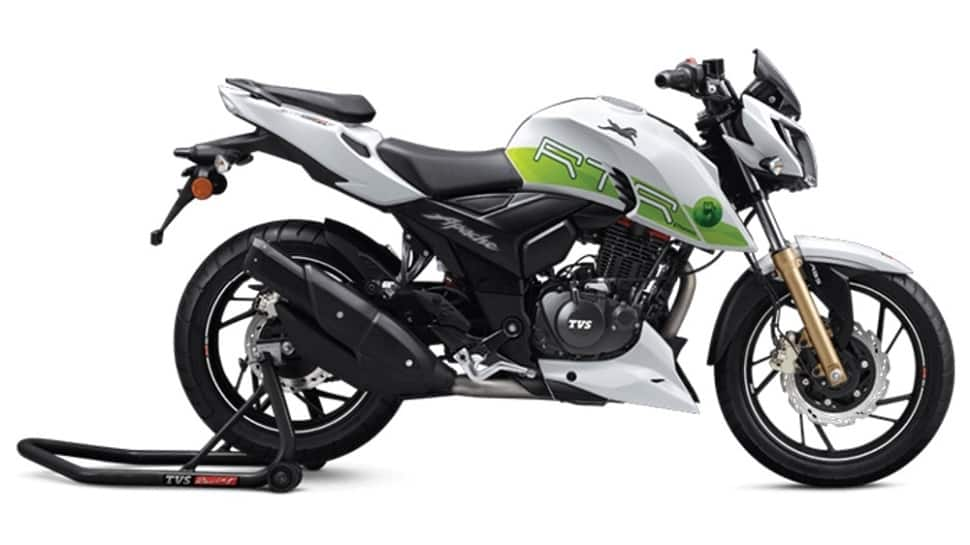World Biofuel Day: PM Modi to inaugurate Ethanol plant - How it will reduce pollution in India? Explained
World Biofuel Day: Prime Minister Narendra Modi will inaugurate 2G Ethanol Plant in Panipat today and the plant will utilize around two lakh tonnes of rice straw to generate about three crore litres of Ethanol annually.
Prime Minister Narendra Modi, on the occasion of World Biofuel Day, will inaugurate 2G Ethanol Plant in Panipat today (August 8). The plant will utilize around two lakh tonnes of rice straw to generate about three crore litres of Ethanol annually. Ethanol is a form of Bio Fuel, a term which is enjoying a great buzz around automotive OEMs and governing agencies. To some, it is a great idea to control carbon emissions, while for a few, it is a way to obtain energy from renewable sources. The use of bio fuel in automotive industry gave rise to the idea of Flex Fuel vehicles in India. Quintessentially, it is a blend of petrol and ethanol that is used in IC engines to obtain relatively lesser carbon dioxide as we exercise the reaction of power propulsion. Let’s dive a little deeper to understand more about Flex Fuel, various ethanol blends, and how it has the capacity to reduce pollution and the cost of fuel.
On the occasion of World Biofuel Day, Hon’ble PM Sh.@narendramodi ji to dedicate 2G Ethanol Plant in Panipat today at 4:30 PM. The plant will utilize around two lakh tonnes of rice straw to generate about three crore litres of Ethanol annually.
— Office of Kiren Rijiju (@RijijuOffice) August 10, 2022
Read here: https://t.co/0IKnq8Abx8 pic.twitter.com/gCRSUzzMqR
Bio Fuel: Composition
Flex Fuel or biofuel is obtained by mixing pre-defined quantities of petrol and methanol/ethanol. There are various compositions used across the globe, namely E85, E80, E10, E20 and more. For reference, the E85 Flex Fuel comprises 15 per cent petrol by volume and 85 per cent biologically-obtained ethanol. In India, governing agencies earlier notified that a policy on the use of E80 biofuel will be introduced. In this composition, 80 per cent ethanol by volume will be used while blended with 20 per cent petrol by volume.
Bio Fuel: Sources
The ethanol used for the composition of Flex Fuel is generally obtained from various plants, vegetables, and biological sources. For example, Jatropha oil is one of the most researched sources of biofuel in our country. Alongside, rice, corn, and other oils can also be used to obtain the ethanol of desired calorific value.
Bio Fuel: Benefits
The Flex Fuel brings down the content of carbon monoxide, hydrocarbon, and other hazardous products obtained from the combustion of fuel. For example, the E20 blend brings down carbon monoxide emissions by close to 50 per cent in two-wheelers and around 30 per cent reduction in four-wheelers in comparison to E0.
Also, the blend further brings down the cost of fuel as a whole. Furthermore, the BTE (Brake Thermal Efficiency) is also increased with the use of biofuel. However, the biofuel application also increases the brake-specific fuel consumption.
Bio Fuel in India
Currently, the Indian market fails to have products running on Flex Fuel. However, the governing agencies have confirmed to roll out mandates on the use of biofuel by the year 2025. Select brands like Bajaj and TVS are working on the development of Flex Fuel engines. In fact, TVS launched an iteration of the Apache 200 in 2019, which could run on either E100 or E80 blend. Sadly, it could not find a lot of buyers as the availability of Flex Fuel remains a miss in the country as of now.

Can Bio Fuel be used on any vehicles?
The answer to the above question is no. Only Flex Fuel-compatible vehicles should be made to run on biofuel. On regular petrol and diesel engines, using ethanol-blended fuel can cause serious damage to the engine. Since ethanol is corrosive in nature. Thus, a lot of parts of a petrol/diesel motor have to be changed to make it run on ethanol-blended petrol/diesel.
Stay informed on all the latest news, real-time breaking news updates, and follow all the important headlines in india news and world News on Zee News.
)
